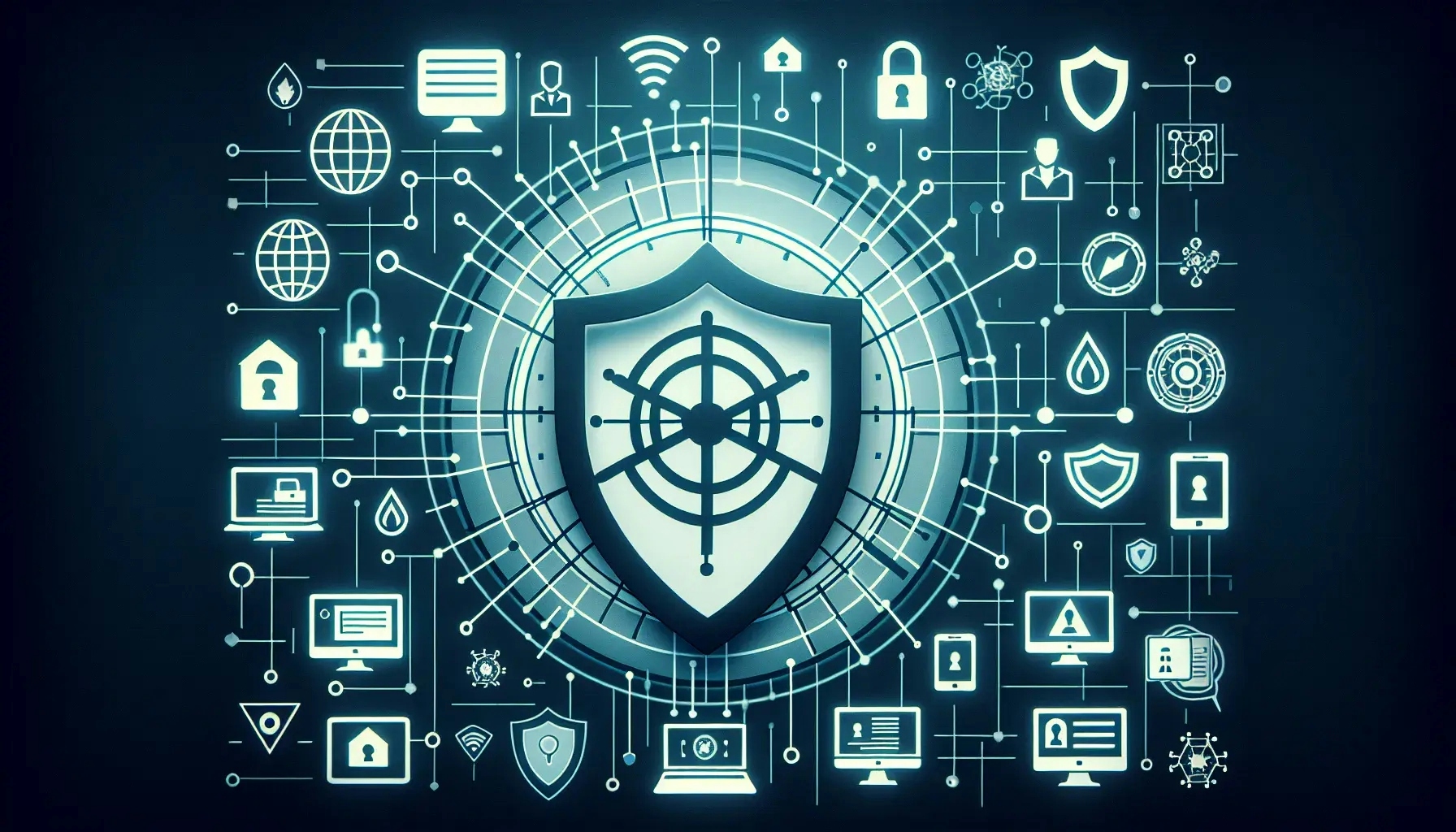In the digital world, phishing attacks pose a significant threat to both individuals and organizations. This blog post aims to provide a comprehensive guide on how to combat phishing attacks effectively. We will delve into understanding the nature of these attacks, the strategies to prevent them, and the importance of continuous education and awareness.
Understanding Phishing Attacks
Phishing attacks are deceptive tactics used by cybercriminals to trick individuals into revealing sensitive information. These attacks often come in the form of seemingly legitimate emails, messages, or websites. The primary goal of phishing is to steal personal data, such as login credentials, credit card numbers, or even social security numbers.
Phishing attacks have evolved over time, becoming more sophisticated and harder to detect. Cybercriminals now use advanced techniques such as spear phishing, where they target specific individuals or organizations, and whaling, where they target high-profile individuals within a company.
Understanding the nature of phishing attacks is the first step towards combating them effectively. It's crucial to recognize that anyone can fall victim to these attacks, regardless of their technical knowledge or internet savvy. Therefore, it's essential to stay vigilant and adopt proactive measures to protect yourself and your organization.
Strategies to Prevent Phishing Attacks
There are several strategies that individuals and organizations can adopt to prevent phishing attacks. One of the most effective methods is to use email filters. These filters can detect and block phishing emails before they reach your inbox.
Another strategy is to use two-factor authentication (2FA). 2FA adds an extra layer of security by requiring a second form of identification beyond just a password. This could be a fingerprint, a unique code sent to your phone, or a physical token. Even if a cybercriminal manages to steal your password, they would still need the second form of identification to access your account.
Regularly updating your software is also crucial. Software updates often include patches for security vulnerabilities that cybercriminals could exploit. By keeping your software up-to-date, you reduce the risk of falling victim to a phishing attack.
The Role of Education and Awareness
Education and awareness play a vital role in combating phishing attacks. Cybersecurity training should be a priority for all organizations. Employees need to understand the risks associated with phishing attacks and how to identify potential threats.
Training should cover the different types of phishing attacks, how to recognize phishing emails, and what to do if they suspect a phishing attempt. Regularly testing employees' knowledge through simulated phishing attacks can also be beneficial.
For individuals, staying informed about the latest phishing techniques and trends can help them stay one step ahead of cybercriminals. There are many resources available online, including blogs, webinars, and online courses, that provide valuable information on how to protect yourself from phishing attacks.
Importance of a Robust Security Infrastructure
A robust security infrastructure is crucial in combating phishing attacks. This includes having a secure network, using strong and unique passwords, and regularly backing up data.
A secure network includes using a firewall, a system designed to prevent unauthorized access to or from a private network. Firewalls can be hardware or software-based and are a first line of defense in network security.
Using strong and unique passwords for all accounts can also help prevent phishing attacks. Cybercriminals often rely on individuals using weak or reused passwords. A strong password is long, complex, and includes a mix of letters, numbers, and symbols.
Regularly backing up data is another important aspect of a robust security infrastructure. In the event of a successful phishing attack, having a backup of your data can prevent loss and aid in recovery.
The Role of Government and Industry Regulations
Government and industry regulations also play a significant role in combating phishing attacks. These regulations often require organizations to implement certain security measures and to report any data breaches.
For example, the General Data Protection Regulation (GDPR) in the European Union requires organizations to protect the personal data and privacy of EU citizens. Failure to comply with these regulations can result in hefty fines.
Industry-specific regulations, such as the Health Insurance Portability and Accountability Act (HIPAA) in the healthcare industry, also require certain security measures. These regulations aim to protect sensitive patient data and require organizations to report any data breaches.
Complying with these regulations not only helps protect against phishing attacks but also helps maintain trust with customers and clients.
The Future of Phishing Attacks and How to Stay Protected
As technology continues to evolve, so too will phishing attacks. Cybercriminals will continue to find new ways to trick individuals and organizations into revealing sensitive information.
However, by staying informed, adopting proactive security measures, and promoting education and awareness, we can effectively combat these attacks. It's also important to remember that cybersecurity is a shared responsibility. Everyone has a role to play in protecting themselves and their organizations from phishing attacks.
Wrapping Up: Stay Vigilant, Stay Protected
In conclusion, phishing attacks pose a significant threat in the digital world. However, by understanding the nature of these attacks, adopting effective prevention strategies, promoting education and awareness, and maintaining a robust security infrastructure, we can effectively combat phishing attacks. Remember, in the world of cybersecurity, vigilance is your best defense.

